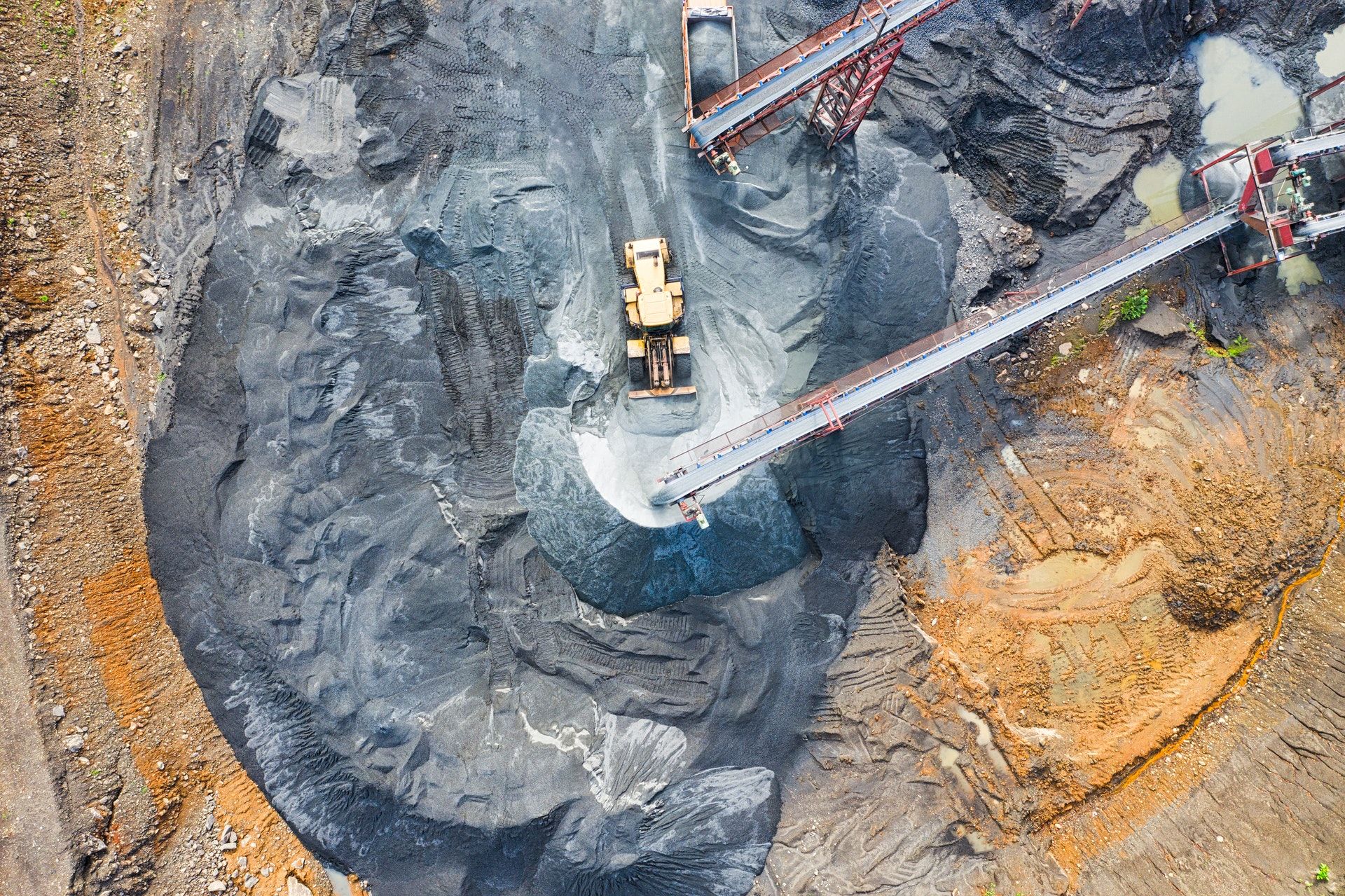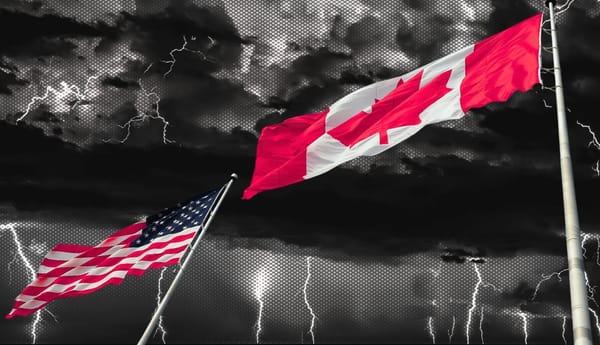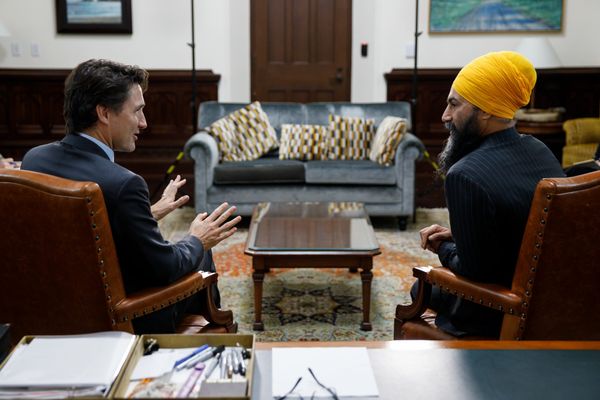In November 2020, protesters in Guatemala’s capital attacked and burned down the nation’s congress building. Coverage of the event by major Western media outlets, such as the New York Times and BBC, focused on protesters’ immediate concerns, namely the mishandling of the disaster response to a pair of deadly hurricanes earlier that month. However, the popular anger that led tens of thousands of Guatemalans out onto the street has deeper roots.
Since those initial protests, Indigenous, labour, student and religious movements in Guatemala have persistently mobilized against what they call the “pacto de corruptos” (pact of the corrupt), referring to the country’s economic, political, and military elite. Protests culminated this summer in an ongoing national strike.
One demand made by these movements is for a constituent assembly to draft a new, plurinational constitution inspired by Evo Morales and the MAS in Bolivia. Making Guatemala a plurinational state would enshrine Indigenous rights, environmental protections and public ownership of natural resources into the constitution. These demands stand at odds with the interests of Guatemala’s mostly white elite, but also of international capitalism — in particular, Canadian mining companies.
Pacts Of Blood
Canadian mining companies are notorious for their human rights abuses across the Global South, and Guatemala is no exception, as they are some of the main drivers of profit-driven sustained, systemic violence in the country. Companies such as INCO and Skye Resources, for example, have collaborated with local elites as far back as the ’60s when Guatemala was ruled by a military dictatorship committing genocide against Ixil and Maya Indigenous people. While Guatemala formally transitioned to a democracy in the ’90s, many of the perpetrators of genocide went unprosecuted, and capitalist militarized accumulation only continued.
Like neighbouring El Salvador and Honduras, aggressive neoliberal reforms also accompanied democratization in Guatemala. Initially celebrated for attracting foreign investment and causing regional economic growth to spike, these reforms also deregulated the mining sector, allowing wholly foreign-owned companies to operate in the country. The rush to buy up Guatemala’s mineral resources helped fuel the explosion of violence against Indigenous peoples today.
Economic growth through relaxed regulations and free trade agreements also did not result in better conditions for Guatemalan workers and campesinos, the majority of the country. Instead, wages, health indicators and quality of life all declined. Today, millions of campesinos have lost their land and labour in precarious work arrangements, driving significant out-migration.
Democratization in Guatemala thus changed little, but enabled elites to hide behind the legitimacy of formal democracy, at least for a time. Investigations by the UN-sponsored International Commission Against Impunity in Guatemala, which took place from 2007 to 2019, revealed that networks of collaboration between political elites, organized crime, the military and foreign capital formed the real power structure in the country decades after the formal end of the dictatorship. It is this shadow power structure that Guatemalans are denouncing as the pacto de corruptos.
By embedding itself in these ‘shadow networks,’ Canadian companies like Skye Resources continued to enjoy the impunity it had under the military dictatorship, effectively operating private militaries in Guatemala and being accused by human rights groups of using psychological terror, rape and other means of intimidation against Indigenous people to seize resource-rich lands. In 2008, it was acquired by HudBay Minerals, another Canadian company, which continued its practices.
In another example, Xinka people resisting the imposition of the Escobal mine on their territory were harassed, killed and subjected to special laws that suspended constitutional protections. The Escobal mine was owned by Goldcorp, then Tahoe Resources and then Pan American Silver, all Canadian mining companies.
The shameless collaboration between Guatemala’s politicians, violent criminals, the military and Canadian mining companies make it one of the most dangerous places in the world to be a land defender or environmental activist.
Mining Companies And The Canadian State
The model of obtaining profits through dispossession of Indigenous peoples is home-grown, coming out of Canada’s own ongoing settler-colonial practices. Speaking to the National Observer, analyst Jen Moore at the Institute for Policy Studies remarked, “There is a real neo-colonial face to mining activities in the Global South, and I think Indigenous peoples and affected communities are the first to identify that.”
Moore also noted the extensive political connections and privileges mining companies enjoy in Canada. Under Prime Minister Stephen Harper’s government, private mining companies’ interests were actively promoted through Canadian diplomatic and trade policy, including setting up deals with the illegitimate coup government in Honduras.
Prime Minister Justin Trudeau’s government has continued this sort of policy. According to a lawsuit filed by Shin Imai, York University law professor and co-founder of the Justice & Corporate Accountability Project, the Trudeau government allegedly aided Goldcorp in avoiding human rights prosecution for crimes in Guatemala by lobbying Guatemalan and Inter-American Commission on Human Rights officials on their behalf.
Further afield, the Trudeau government has helped Canadian mining companies cash in on genocide and political violence in Ethiopia by using funds supposedly meant for advancing Canada’s “feminist foreign policy” objectives to survey for minerals in the Tigray region, where the Ethiopian government is carrying out ethnic cleansing.
Besides diplomatic and trade policy support, as I pointed out in a previous article for Passage, Canada acts as a tax haven for three-quarters of the world’s mining companies. The Canadian state also directly subsidizes private mining operations in Africa, and Central and South America, through funds meant for development assistance.
Maya and Ixil Indigenous activists call the encroachment of foreign mining companies a “new invasion,” referencing the severity of violence imposed by them, as well as the Guatemalan state and private security forces. This invasion has been fully supported by Canadian governments, both Conservative and Liberal.
Many of the supposedly ‘internal’ problems in Guatemala are caused by imperialism, and the local elite are co-dependent and acting in collaboration with international capital, especially in the mining sector. While often overshadowed by the scale and brutality of American imperialism, Canadians, especially socialists, shouldn’t forget that Canadian imperialism is alive and well.
Canadians should show direct and active solidarity with Guatemalans in the streets. In the short term, we can support recent efforts to bring Canadian mining companies to court for human rights abuses. In the long term, we should join Guatemalan workers in fighting to delink from the capitalist trade system and for expropriation of mining companies both here and abroad as part of a broader struggle to build an equitable climate response.






